People > Rajiv Ranjan
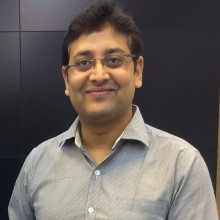
Dr. Rajiv Ranjan is an Adjunct Fellow at Institute of Chinese Studies, Delhi and an Associate Professor of Chinese Studies, Faculty of Social Sciences, University of Delhi, Delhi. Previously, he was an Associate Professor at College of Liberal Arts, Institute of Global Studies, Shanghai University, Shanghai, China. He is trained in the Chinese language and teaches courses in international politics. Previously, he was a Research Fellow at the Indian Council of World Affairs (ICWA), New Delhi, and a Visiting Senior Scholar at the School of Political Science and Public Administration, Shandong University, Jinan, China. He has co-edited “China and South Asia: Changing Regional Dynamics, Development and Power Play”, Routledge, 2022 and “近代东方国家的变革, jindai dongfang guojia de biange”, Jinan University Press 2020 and contributed many chapters to other edited books. His publications have appeared in Critical Sociology, Economic and Political Weekly (EPW), Contemporary International Relations, Political Studies Review, China Report, Global Environmental Change, International Affairs, Millennium: Journal of International Studies, etc. He holds PhD in Chinese Studies and M.A. in politics (with specialisation in International Relations from Jawaharlal Nehru University, New Delhi, India.
चीन में जिनपिंग की तीसरी पारी (Jinping's Third Innings in China)
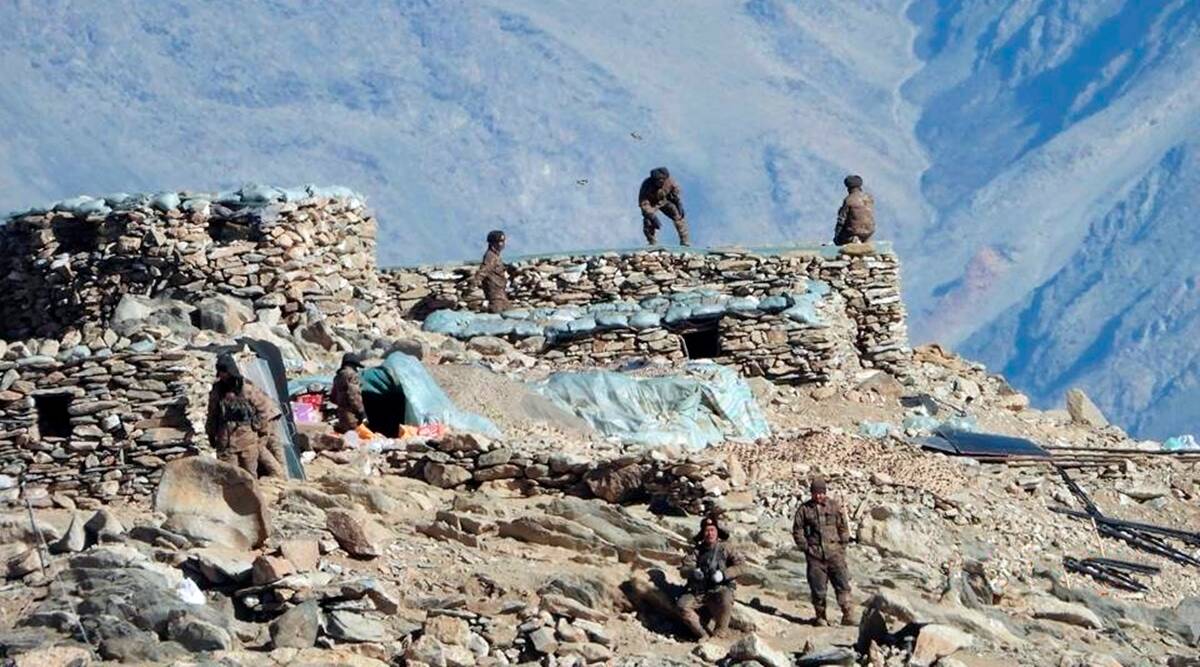
One way out of the frequent border clashes between India and China is to empower local communities, move away from a security-driven idea of development in the Himalayas
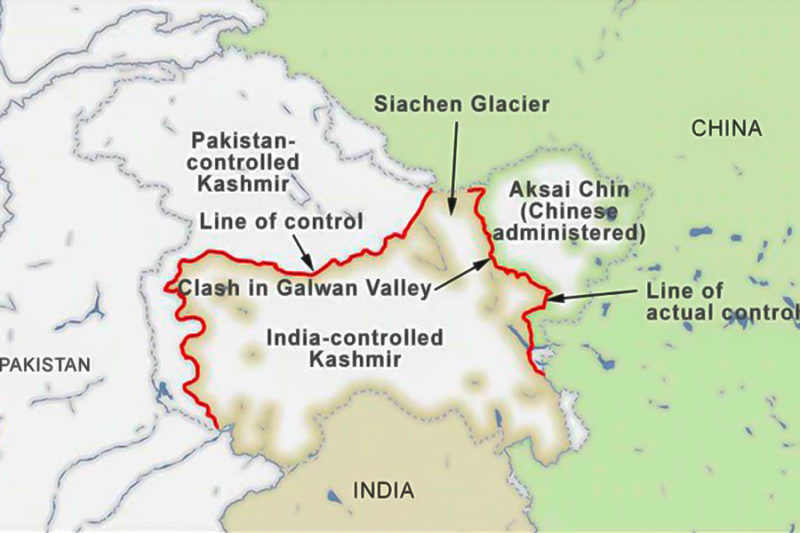
While not new, relations between India and China have been marked by a new round of tensions these past months.
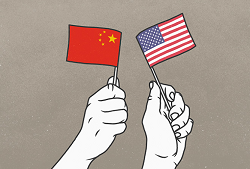
With prospects of convergence of strategic interests prompted by geopolitical calculations being overshadowed by divergences in social, cultural and political values — US-China were bound to decouple
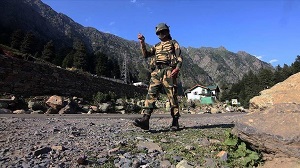
New Delhi, Beijing witnessing heightened faceoff along de facto border between two heavyweights in Ladakh region

चीन से निकला कोरोना संकट न केवल एक स्वास्थ्य आपदा है, बल्कि गढ़े गये सामाजिक और आर्थिक व्यवस्था पर भी जोरदार आघात है. भूमंडलीकरण और आर्थिक उदारीकरण का पूरा ढांचा लड़खड़ा रहा है. देश अपने कवच में सिमट से गये हैं.
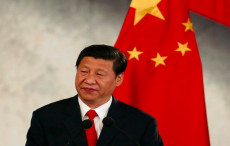
दुनिया लॉकडाउन में है और कोरोना से लड़ने के लिए गांव-शहर जेल में तब्दील हो गये हैं. वहीं कोरोना संकट ने सरकारों को अभूतपूर्व शक्तियां भी प्रदान की हैं. राज्य एक सार्वभौमिक निगरानी संस्था के रूप में उभरी है,

Coronavirus, officially named COVID-19 by WHO, has infected more than 100,000 people of over 100 countries, areas and territories across the world.

गुरु-शिष्य की तरह भारत-तिब्बत. डॉ राजीव रंजन प्राध्यापक, शंघाई विश्वविद्यालय. 'को रा' यानी परिक्रमा तिब्बती लोगों के धार्मिक जीवन का अहम पहलू है. ये लोग मंदिर, किसी पहाड़ और किसी शहर की परिक्रमा करते हैं.
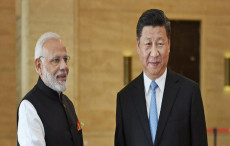
Modi and Xi must think beyond civilisational bonds to find new areas of cooperation. The two sides have already exhausted the past to build any meaningful partnership.

On May 1st, India's efforts to designate Masood Azhar as a global terrorist under the 1267 Sanctions Committee of UN eventually paid off. The blacklisting of the chief of the Jaish e-Mohammed...

China’s Contingencies and Globalisation was initially published as a special issue of the Third World Quarterly and consisted...
When China launched its campaign to reduce emissions during the Asia–Pacific Economic Cooperation (APEC) Summit in 2014, in order to clear the haze and fog which have become permanent features of Beijing...
His research focuses on India-China relations, World Order, Chinese Politics and Foreign Policy, Ancient Strategic Thoughts, Chinese Society and Culture and Environmental and Climate Change Politics.
Previously, he was a Research Fellow at the Indian Council of World Affairs (ICWA), New Delhi, and a Visiting Senior Scholar at the School of Political Science and Public Administration, Shandong University, Jinan, China.
Rajiv Ranjan, PhD is an Associate Professor at College of Liberal Arts, Institute of Global Studies, Shanghai University, Shanghai, China. He is trained in the Chinese language and teaches courses in international politics.
© 2019 ICS All rights reserved.
Powered by Matrix Nodes